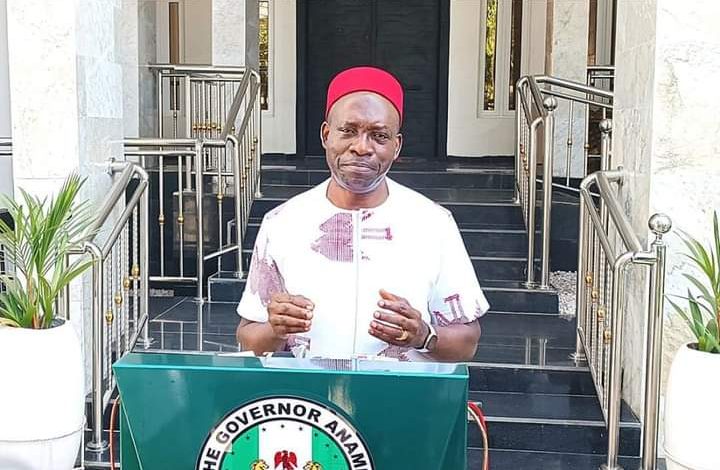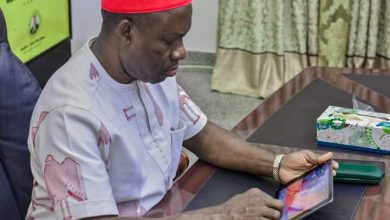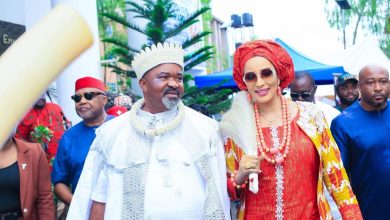
By Tony Okafor
In a world where intelligence and achievements are highly valued, Professor Chukwuma Soludo stands out as a shining example of precocity and excellence.
His impressive academic record and distinguished career are a testament to his exceptional abilities.
However, as he navigates the realm of politics, it is essential to recognize that success in this sphere requires a different set of virtues.
While Soludo’s intellectual prowess and accomplishments are undeniable, his approach to politics and leadership raises concerns. In a democracy, where diverse perspectives and collaboration are essential, an overly assertive and superior attitude can be detrimental. The hallmark of democracy is humility, where listening to others and considering diverse options are crucial.
A former governor of the state, Mr Peter Obi, demonstrated the importance of humility in leadership. By being down-to-earth and approachable, Obi was able to connect with the people and foster a sense of unity.
In contrast, Soludo’s reported behavior in executive council meetings, where he allegedly assumes a superior tone, is alarming.
When leaders prioritize their intellect and accomplishments over the needs and concerns of their people , they risk alienating the very people they serve. Hubris can lead to poor decision-making and a disconnect from the reality on the ground.
Humility is not a sign of weakness but a strength that allows leaders to listen, learn, and grow. It enables them to surround themselves with diverse perspectives and build a more comprehensive understanding of the issues at hand.
We urge Professor Soludo to embrace the virtues of humility and recognize that leadership is not about showcasing one’s intellectual superiority but about serving the people.
By doing so, he can tap into the collective wisdom of his team and the citizens he serves.
When leaders prioritize collaboration over individual brilliance, they can achieve far more than they could alone. By fostering a culture of inclusivity and openness, Soludo can unlock the potential of his team and the state.
By putting himself in others’ shoes, Soludo can gain a deeper understanding of the issues facing the state and make more informed decisions.
We implore Professor Soludo to adopt a more inclusive and humble approach to leadership.
By doing so, he can harness the collective strength of his team and the state, leading to more effective and sustainable SOLUTIONS




